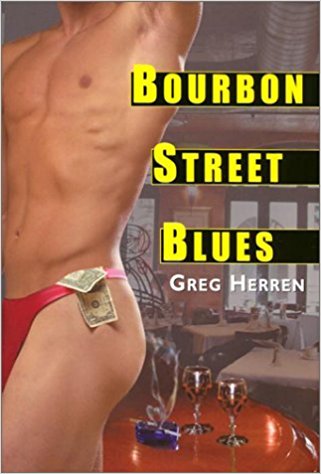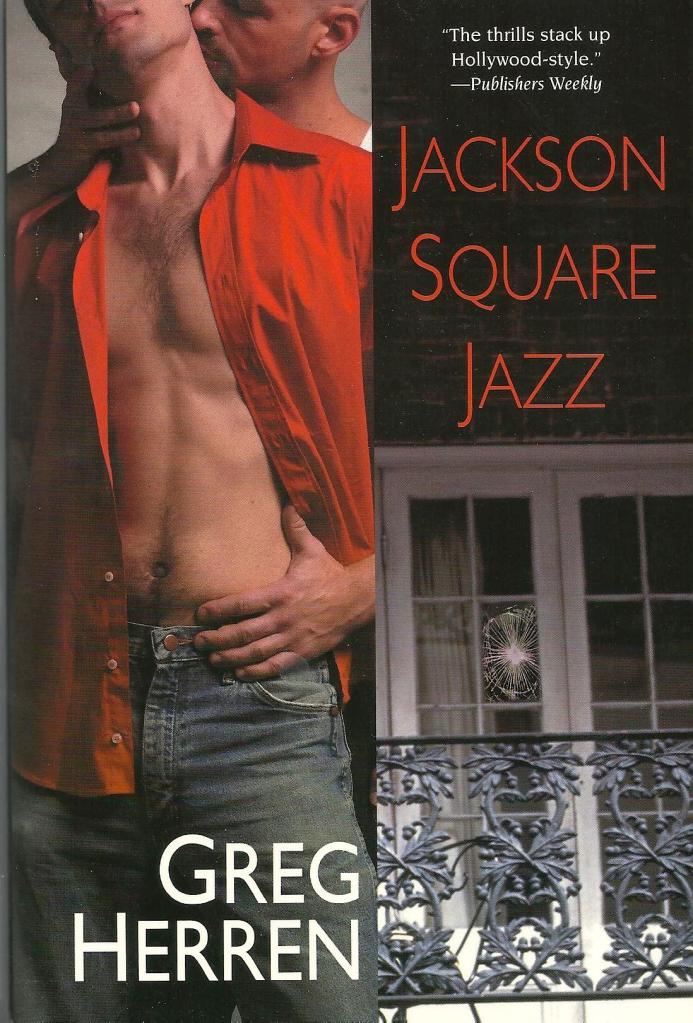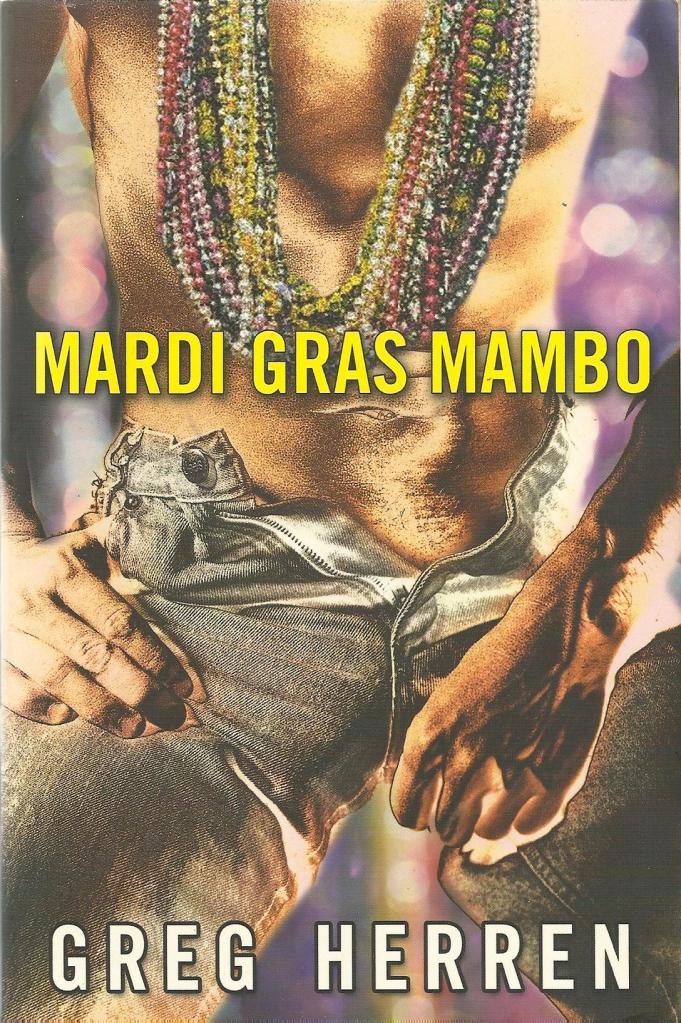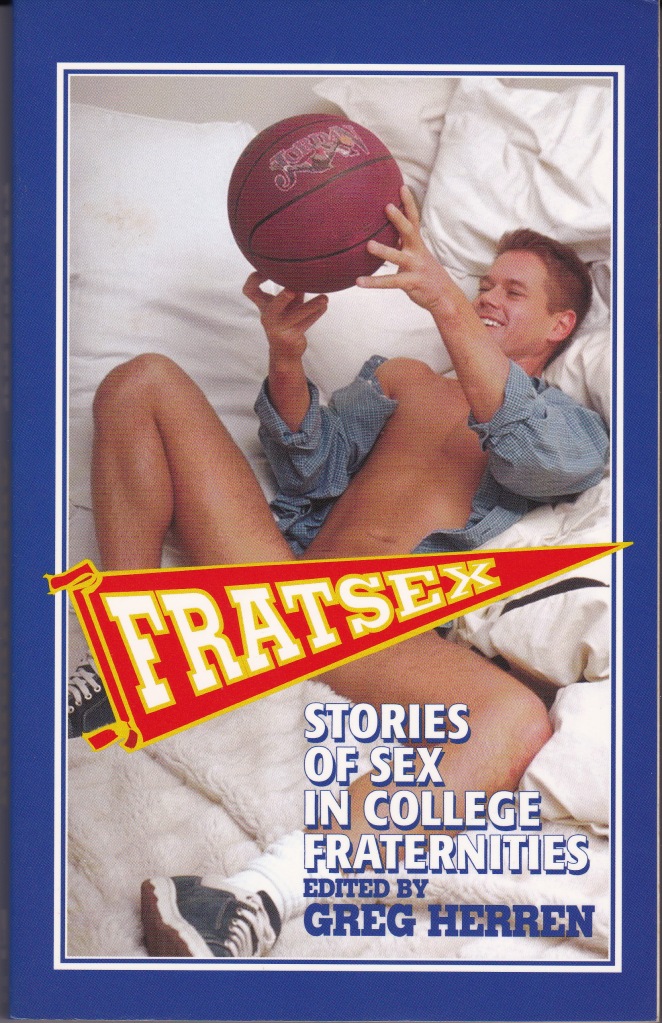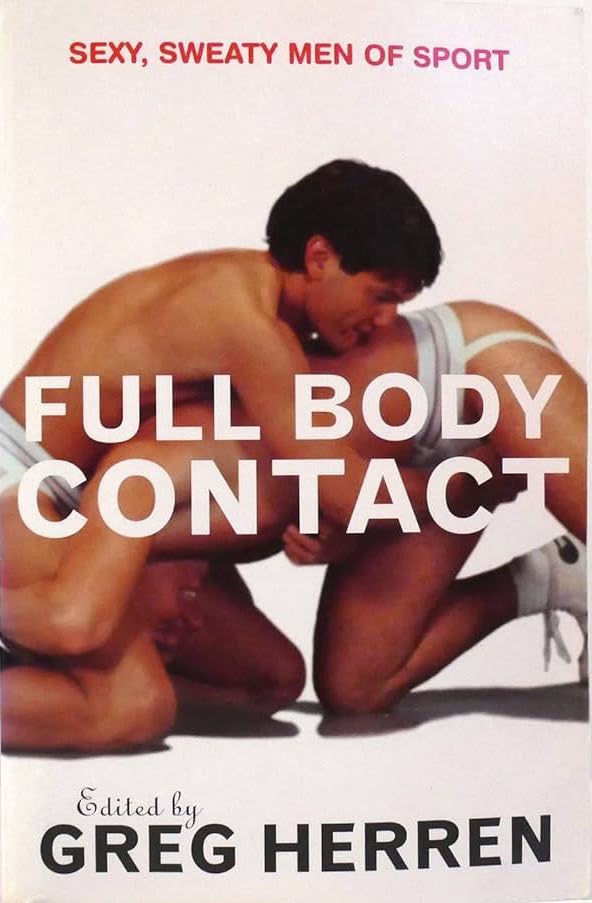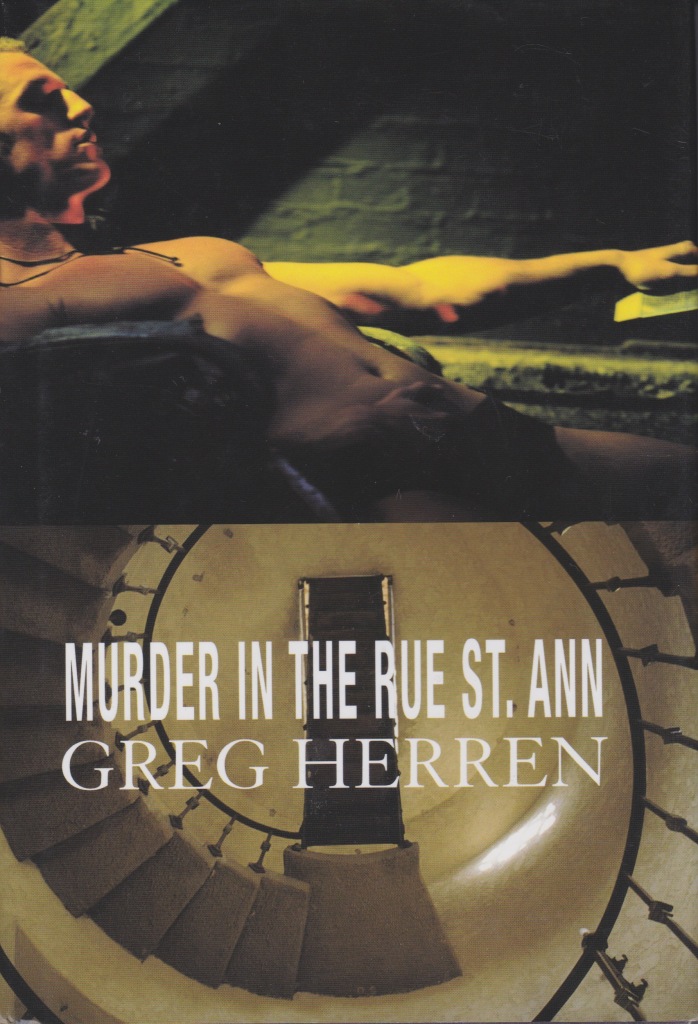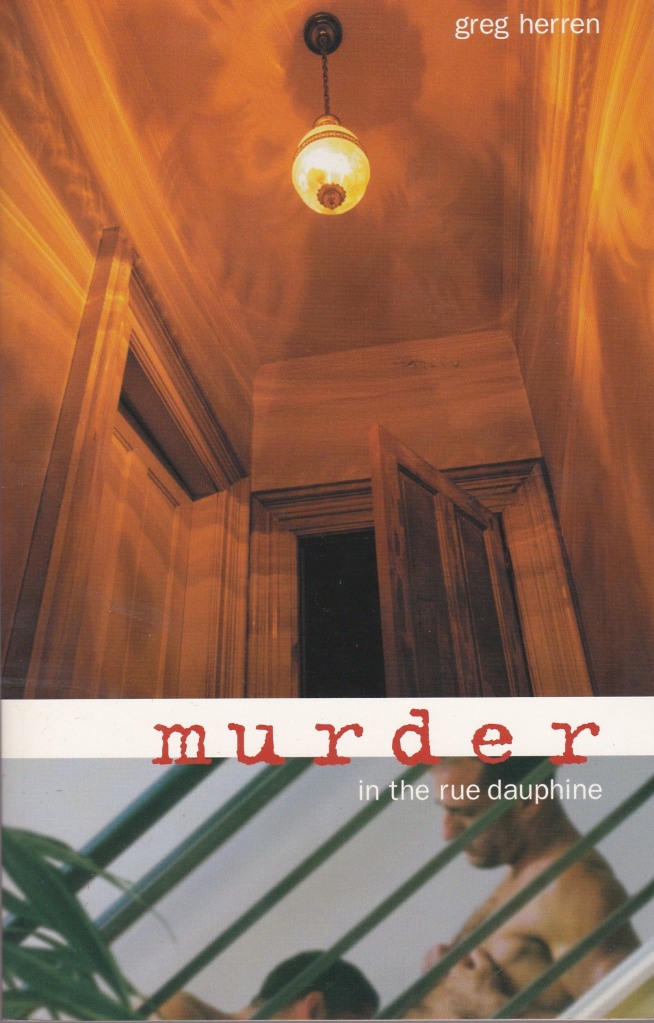When I was a kid, I lived for the Scholastic Book Fairs. There were always more books I wanted than I can afford (still a problem for me with books to this very day), and it was through them that I discovered my love for mysteries as well as deepened my love of history. I bought anything that was history or mystery; very rarely did a book combine both.
This is part of the reason I was so appalled and disgusted by Scholastic’s cowardly abandonment of its commitment to education and diversity by giving book fairs the options to opt out of carrying books–you know, the ones that teach kids empathy for people who are different from them or show kids that they aren’t alone or books they can see themselves in–because they might upset some bigoted parents in Brotherfuck, Arkansas or Sisterfuck, Tennessee.
When I think about what a difference a book like Annie on My Mind by Nancy Garden or Trying Hard to Hear You by Sandra Scoppetone or Rainbow Boys by Alex Sanchez would have made for young Gregalicious, this Scholastic decision makes me shake with rage. (I have pointed out any number of times that Scholastic also publishes the Bitch-Queen of TERFs, so their cowardice is really no surprise. Can’t piss off their massive cash cow, now can they?)
I was thinking about this as I read Angel Luis Colón’s book, Infested, because it would probably be one of the books shoved into that Diverse Books To Not Be Included box Scholastic uses to warn schools about “subversive” and “dangerous” books. The book, by the way, is not only is superb but something any kid who enjoys horror would love.
However, it centers a main character who is a teenager of Puerto Rican descent, and while it never disparages white people…it doesn’t center them, so I can easily some Daughter of the Confederacy getting her panties into a nasty twist over her precious child reading something that doesn’t uphold White Supremacy. How dare young Hispanic readers have an option to read about a Hispanic teenager’s hero’s journey?
The NERVE of MTV Fear to publish such a book!

I can’t remember a time I hated my mother and my stepfather more than the summer before my senior year.
And it wasn’t the normal kind of Oh man, these people don’t understand me bad Disney movie kind of throwback hate. This was mortal-enemy-level hate. It was deep and pitch-black and enough to make me nearly consider getting into death metal.
While I knew I’d change my mind as the emotions scarred over, the laundry list of offenses was too much to bear.
Let me start by saying how much I really enjoyed this book. The main character, Manny, is very realistic and both relatable and likable. The pacing is excellent, and it builds beautifully to its thrilling climax and resolution. The stakes are high but grounded in reality, and the authorial voice is so strong and memorable that I was sorry to finish and bid Manny and his friends and family farewell.
I was also a little amused because the original opening line of Bury Me in Shadows–back when it was called Ruins still–was My mother ruined my life the summer before my senior year.
Obviously, that changed–a lot changed as Ruins morphed into Bury Me in Shadows–but great minds, right? I’ve admired Angel’s work for a very long time–I really need to go back and finish his backlist–and so was excited to see what he could do with a young adult horror thriller.
Great things, it turns out.
The story focuses on the first person perspective of Manny, a seventeen-year-old with a baby half-sister whose stepfather has taken a job in the Bronx managing an apartment building that’s about to open. Manny doesn’t want to leave San Antonio, but it’s more resentment that he wasn’t consulted (no one wants to change schools before their senior year; I can relate because I changed high schools after my sophomore year) rather than anything else. He doesn’t really have a lot of friends back there, but it was home and familiar to him. He also struggles with identity issues; he’s Puerto Rican, but a blanquito–someone who is Hispanic but white (which could lead into all kinds of sidebar conversation which would be inappropriate for now)–and he doesn’t really speak much Spanish anymore; he did when younger but is losing it as he gets older, which is also concerning to him. He’s angry about the move–they didn’t discuss anything with him, just told him it was happening, and he really didn’t want to leave San Antonio–but once he’s in the Bronx, he begins to see that it’s really not a bad thing to have moved there. There’s a variety of Hispanic/Latinx cultures there he can learn about, and he likes that. There’s also other issues touched on here–gentrification being a major one, and as there are no easy answers to that question in real life, one isn’t provided here but both sides of the issue are addressed and Manny sees the good and bad in both.
But the building has a roach problem–and it’s not just your usual roach problem, either. Something very strange is going on in that building, and Manny isn’t entirely sure if these things are really happening, or if he is losing his mind. If you’re like me and hate insects of all shapes, sizes and varieties, your skin will crawl repeatedly throughout this book. It’s up to Manny and his new friend Sasha to figure out the truth about what is really going on in the building, and as I said, it’s terrific and fast-paced and very hard to stop reading once the story starts going great guns.
Highly recommended–unless you’re truly squeamish and triggered by insects. Colón made my skin crawl–no small feat!
